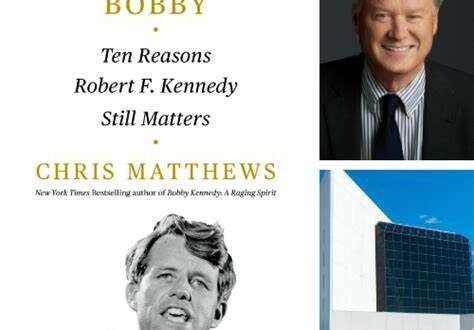The name Salman Rushdie has become synonymous with imaginative risk and personal survival, and this month he returns to the realm of pure fiction with a new collection that carries the echo of near-death behind it. Titled The Eleventh Hour, the book is his first work of fiction since the brutal stabbing he suffered on a stage in 2022. That violent interruption of his life—not only his body but his imagination—left a mark, and his intervening memoir Knife: Meditations After an Attempted Murder (2024) confronted it head-on: the wounds, the stubborn healing, the processes of recovery, memory and identity. Now with The Eleventh Hour, Rushdie crosses a new threshold: fiction returning as an act of reclamation, as an auditory and visual resumption of the storyteller’s voice.
Knife opened the door to a candid reckoning. In that memoir, Rushdie laid out the facts of his assault—how the attacker struck, how he lost vision in one eye and the use of one hand, how the body and mind both navigate the aftermath of violence. It was not a literary exhalation of tragedy but a tight, measured account of “What happened,” and “How I survived,” and perhaps even “How I might go on.” It was surgery and memoir, confession and craft, shock and continuity. The writing tracked the author through trauma, into healing, and then to the point where he asked himself: “Am I still the same writer? Is the imaginative self intact? Has the knife redefined me beyond redemption?”
That question, in turn, floats into the architecture of The Eleventh Hour. Here Rushdie offers five interlinked stories—two short, three novellas—set across India, England and the United States, locations he has known as home, exile or vantage. He said the novellas had been written in the last twelve months, and that each in some way considers endings: of life, of place, of self. In one, two quarrelsome old men in Chennai grapple with private tragedy against national calamity; in another, an undead Cambridge academic cannot find rest until he exacts vengeance on a former tormentor; yet another revisits a Bombay neighbourhood from his career-defining novel, casting a magician married to a billionaire in its haunted orbit.
That these stories are born of space familiar and strange—to Rushdie’s life and to his trauma—is no accident. The memoir established that the attempt on his life had changed his relationship to time, to mortality, even to creativity itself. In Knife he wrote of how, while recovering, fiction felt impossible: the door to invention was closed, the imagination sealed off by experience and pain. Now that door swings open again. The Eleventh Hour is, in a sense, the writer standing up from the gurney and stepping back into his workshop, measuring words for the edge, probing life when the hours are many but numbered.
There is a thematic symmetry here. Knife confronted the abrupt rupture: violence, survival, the aftershock. The Eleventh Hour turns to the slow reckoning: the passage of time, aging, distance, the farewells we don’t often write, the endings we seldom face. The title itself—the eleventh hour—evokes the moment before the end, or perhaps the clarifying moment of urgency before something final. One senses that Rushdie is not simply back at work but re-examining what work means when the body has passed through one of its most extreme trials. His gift of magical realism, his glancing humor, his cultural breadth remain intact—yet they now sit atop a scaffolding of lived risk, mortality, recovery.
Readers familiar with books such as Midnight’s Children, The Satanic Verses or Quichotte will find Rushdie’s signature fire-hose of imagination, his global cast of characters, his weaving of myth and history. But this time the stakes are subtly different. This time the writer knows his own fragility—and is writing toward the moment when an ending might be near, or might already be beginning. This is not a return to form so much as a continuation after fracture, an expansion of the self in spite of the knife.
In that sense, The Eleventh Hour becomes more than a book; it becomes renewal. It says: I have been knifed, I have lived through the attempt on my life, I have written my way out of it, and now I will write from the other side. Fiction is not a diversion but an assertion: the world still needs stories, the imagination still needs fuel, the writer still stands. And for Salman Rushdie, that in itself is a triumph.




